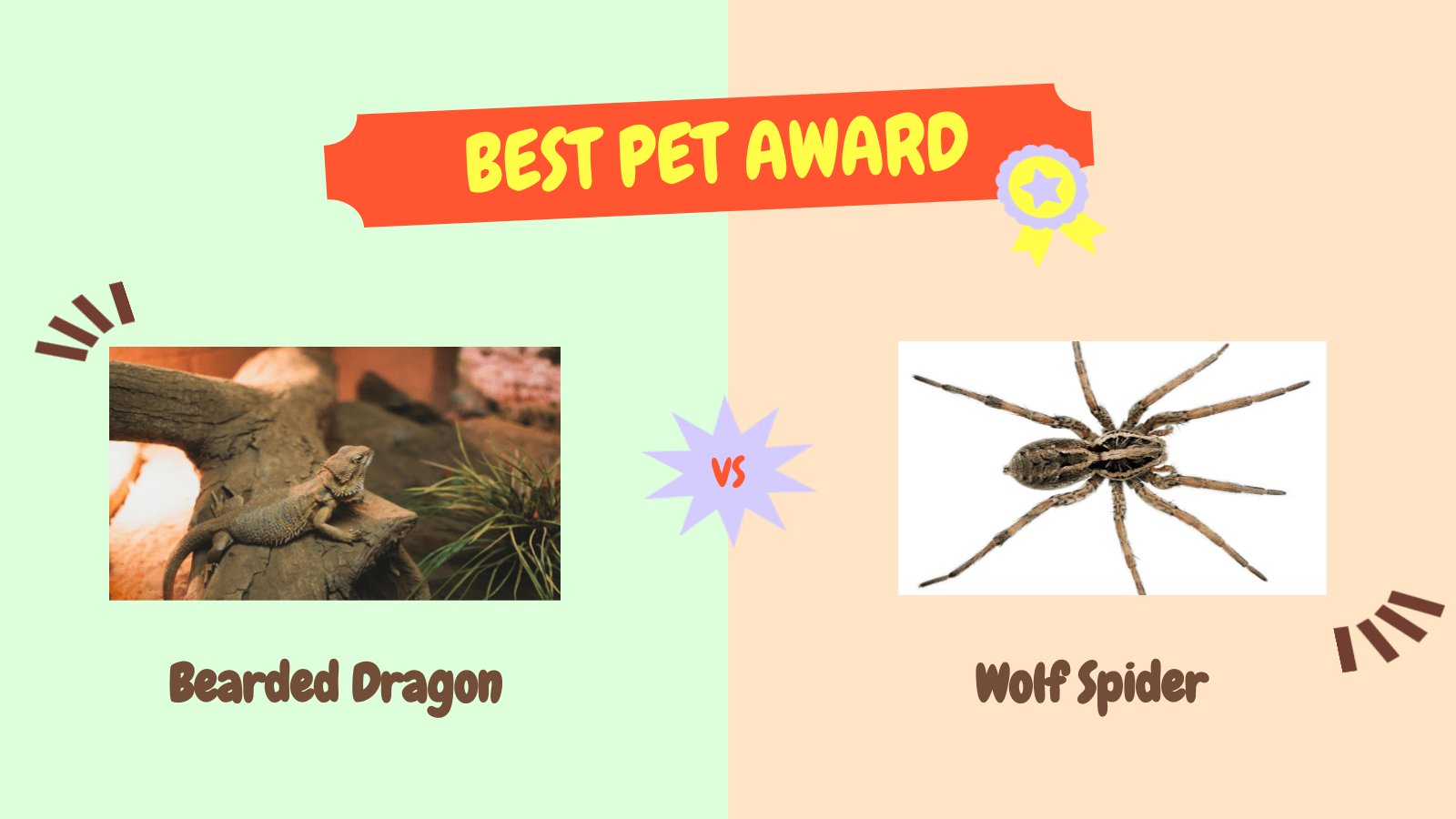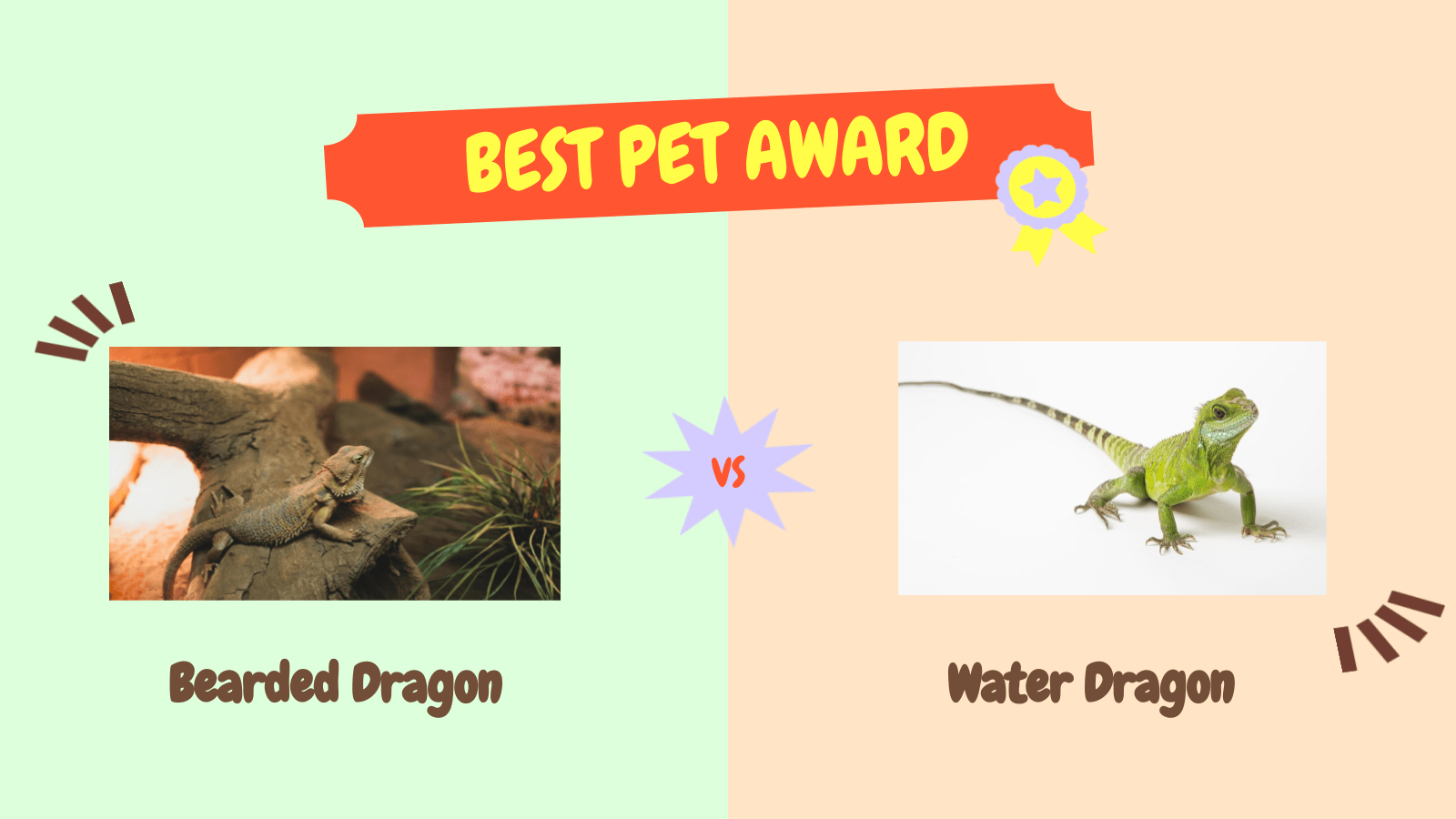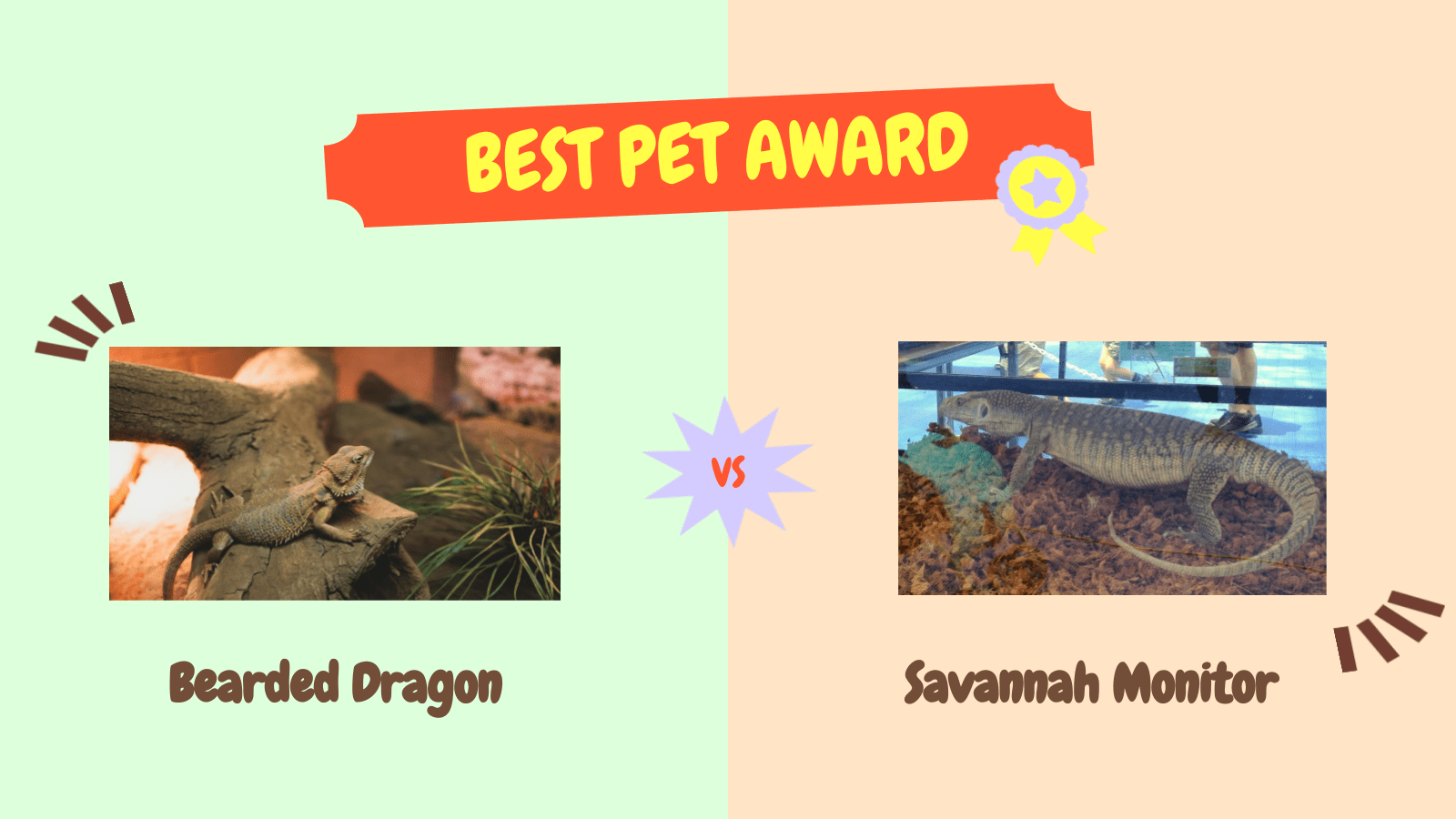Have you ever wondered, “Why is my bearded dragon’s poop so large?” You’re not alone. Many bearded dragon owners share this curiosity.
Understanding their digestive system can help. It’s a fascinating journey that reveals much about their health and diet.
So, let’s embark together on this enlightening exploration. Don’t worry, it’s not as daunting as it sounds!
5 Explanations for Large Poop in Bearded Dragons
- High Fiber Diet: If your bearded dragon is consuming a diet rich in fibrous vegetables, such as turnips and bell peppers, it’s likely to produce larger poop. This is a healthy sign of a balanced diet and proper digestion.
- Hydration Level: Proper hydration plays a crucial role in fecal size. If your bearded dragon is well-hydrated, they will excrete waste more efficiently, which may result in larger, softer droppings.
- Regular Physical Exercise: Regular exercise can stimulate your pet’s metabolism and digestive system. If your bearded dragon is active and engaging in play or exploration, it could be producing larger fecal matter as a result.
- Worm Infestation: A worm or parasite infestation can result in larger feces in bearded dragons. If you observe unusually large droppings along with signs of discomfort, it’s worth consulting a vet for a proper diagnosis and treatment.
- Health Disorders: Certain health disorders, like impaction or gastrointestinal issues, can cause larger poop in bearded dragons. If you notice consistent changes in your pet’s excrement, combined with other concerning symptoms, seek advice from a reptile vet.
Maintaining Healthy Digestion for Your Bearded Dragon
You might wonder how to keep your bearded dragon’s digestion healthy. It’s simpler than you might think. Diet plays a crucial role. Start by providing a balanced diet that includes both live food and vegetables. Regular, smaller meals are better than infrequent, large ones.
Hydration is an essential part of digestive health too. Ensure your bearded dragon has a fresh supply of water daily. You can also mist their food to increase water intake.
A suitable environment also contributes to a healthy digestion. Ensure the habitat temperature is optimal, around 95-110°F in the basking area. This helps digestion and nutrient absorption.
Regular exercise is beneficial as it aids digestion. Encourage your bearded dragon to move around its habitat.
Lastly, consider a vet check-up if your bearded dragon’s poop continues to be larger than usual. This could indicate an underlying health issue. Remember, understanding and attending to your pet’s needs is key to their overall health.
To further extend your knowledge about bearded dragons, here are a few more to explore:
- Why Does My Bearded Dragon Breathe with His Mouth Open?
- Why Does My Bearded Dragon Have Droopy Eyes?
- Why Is My Bearded Dragon Twitching His Head?
Each post offers in-depth insights, giving you all the details you need to take good care of your beardie.
Remember to research and prepare for your pet’s specific needs, and you’ll have a happy and healthy companion for years to come.
Happy pet-keeping!


